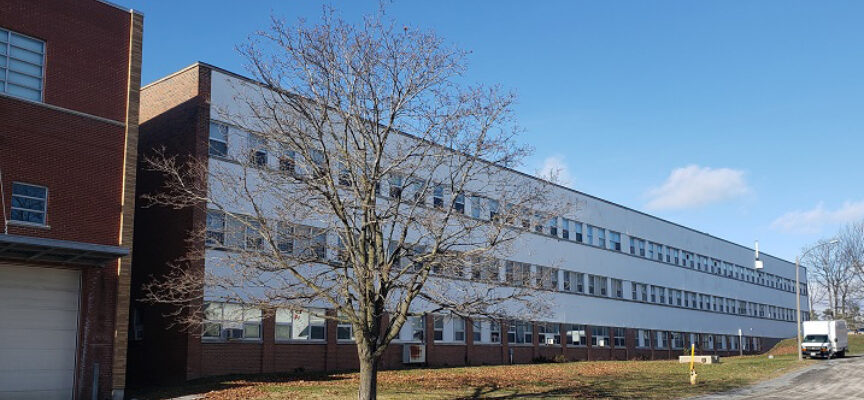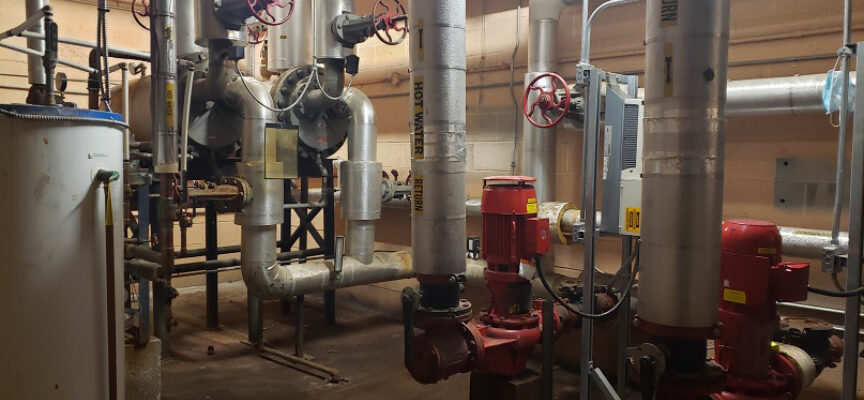Being the first at something isn’t easy—as the team from Defence Construction Canada learned in developing a one-of-a-kind procurement process for a one-of-a-kind project.
As part of the federal government’s efforts to decrease greenhouse gas emissions, the Department of National Defence identified an opportunity to reduce their environmental footprint: finding a low-carbon energy generation system to heat/cool current buildings. Using the Innovation for Defence Excellence and Security (IDEaS) program, an opportunity was identified to fund a ‘Test Drive’ to try out new technology at CFB Kingston that could help meet their needs.
But – how is a proponent selected when they’re looking for a new idea?
“We can’t be prescriptive in terms of what we want—we have a goal we want to achieve,” said Cameron King, Team Leader, Contracts Services, about the challenge they faced. Inviting innovation means opening the procurement process to a range of outcomes.
Creating the evaluation took two years to complete, with a team working step-by-step through criteria that would find the best option when options vary wildly. It meant focusing on target outcomes, rather than the means to get there, and evaluating confidence in the technology even though they are, in most cases, still in development stages.
“All the criteria were created specially for this project, and I can’t understate how much work that is,” said Steve Kennedy, DCC’s Technical Specialist, Procurement.
After all that work, an RFP was successfully launched. In early March 2022, Black & Macdonald were awarded an initial $477,000 contract to test drive their technology.
The work will now move into detailed design, with possible construction beginning in 2023 and a fully operational system in 2024 that will inform DND about a new potential solution for their many other facilities.
“Working on something so complex and so outside of the box from what we usually do, I think everyone would say it’s a great opportunity,” said Kennedy.


